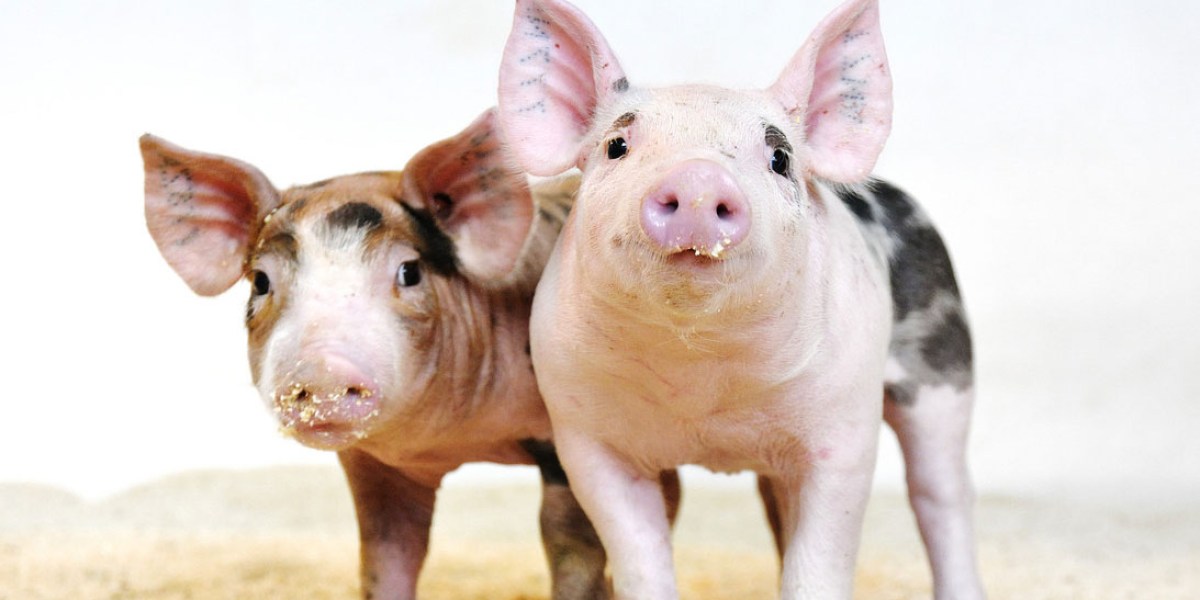What’s certain is that the pig project was technically impressive and scientifically clever. Genus edited pig embryos to remove the receptor that the PRRS virus uses to enter cells. No receptor means no infection.
According to Matt Culbertson, chief operating office of the Pig Improvement Company, a Genus subsidiary, the pigs appear entirely immune to more than 99% of the known versions of the PRRS virus, although there is one rare subtype that may break through the protection.
This project is scientifically similar to the work that led to the infamous CRISPR babies born in China in 2018. In that case a scientist named He Jiankui edited twin girls to be resistant to HIV, also by trying to remove a receptor gene when they were just embryos in a dish.
That experiment on humans was widely decried as misguided. But pigs are a different story. The ethical concerns about experimenting are less serious, and the benefits of changing the genomes can be measured in dollars and cents. It’s going to save a lot of money if pigs are immune to the PRRS virus, which spreads quite easily, causing losses of $300 million a year or more in the US alone.
Globally, people get animal protein mostly from chickens, with pigs and cattle in second and third place. A 2023 report estimated that pigs account for 34% of all meat that’s eaten. Of the billion pigs in the world, about half are in China; the US comes in a distant second, with 80 million.
Recently, there’s been a lot of fairly silly news about genetically modified animals. A company called Colossal Biosciences used gene editing to modify wolves in ways it claimed made them resemble an extinct species, the dire wolf. And then there’s the L.A. Project, an effort run by biohackers who say they’ll make glow-in-the-dark rabbits and have a stretch goal of creating a horse with a horn—that’s right, a unicorn.



